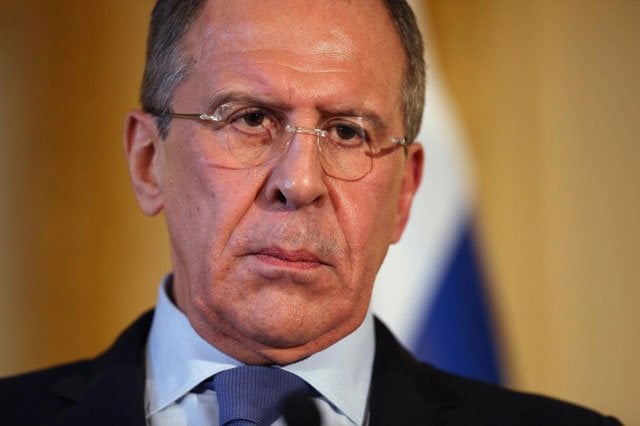US Accused by Russia of Economic Warfare and Western Domination at UN Security Council Debate
Anadolu Agency | July 17, 2024
In a heated debate at the United Nations Security Council, Russian Foreign Minister Sergey Lavrov leveled serious accusations against the United States, alleging that it holds "the entire West at gunpoint" and is expanding its trade and economic war against those it deems undesirable. The session, held on Tuesday, was focused on discussing the "parameters of a just world order."
Context and Background
The assertions come at a time of escalating geopolitical tensions that have seen a rising number of conflicts globally, many involving major powers like the US, Russia, and China. Over the past decade, the international political landscape has been marked by a series of diplomatic disagreements, economic sanctions, and military confrontations. The ongoing war in Ukraine has especially strained relations between Western nations and Russia, prompting further debates on the foundations of international legal order and global strategic stability.
Lavrov’s Key Statements
Lavrov argued that the US has long been declaring its own exceptionalism and demands "unquestioning obedience" from its allies, often at the expense of their national interests. He accused the West, led by Washington, of aggressively dismantling the global system it initially built, aiming to isolate countries like Russia and China, whose independent policies challenge its dominance.
"Washington has done everything to blow up, including literally, by organizing terrorist attacks on the Nord Stream gas pipelines, the foundations of mutually beneficial energy cooperation between Russia, Germany, and Europe," claimed Lavrov.
In addition, he accused the US of launching an "unprecedented campaign of unilateral, coercive measures" primarily affecting Europe and causing the fragmentation of the world economy.
The Broader Impact
Lavrov’s remarks reflect deeper fractures within global governance structures. He emphasized that resolving multiplying conflicts would be "impossible" without addressing their root causes and restoring faith in the collective ability to work towards the common good and justice for all.
Reactions to Russia
The meeting, chaired by Lavrov, drew sharp criticism from Ukraine and an assembly of other nations. Ukrainian UN envoy Sergiy Kyslytsya, representing 50 member nations, rebuked Russia for convening the session, labeling it "another clear demonstration of Russia’s hypocrisy."
"Today’s meeting must not distract the international community from Russia’s flagrant violations of the UN Charter and its abuse of the UN Security Council while cynically attempting to present itself as the guardian of the multilateral order," said Kyslytsya.
He reiterated the international community’s condemnation of Russia’s aggression against Ukraine and affirmed unwavering support for Ukraine’s sovereignty and territorial integrity within its internationally recognized borders.
Conclusion
The UN Security Council debate highlighted the intense global power struggle and the differing perspectives on what constitutes a just world order. Lavrov’s statements and the subsequent rebuttals from several nations underscore the complexities and challenges of achieving a unified approach to international peace and stability. Whether these discussions lead to concrete actions or not, they serve as a critical reflection of the current geopolitical climate.
For ongoing updates and more in-depth analysis, visit the UN Security Council’s official website.
